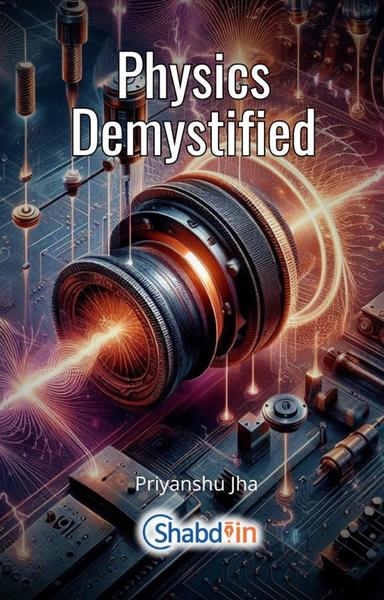Quantum science and technology, an emerging field that harnesses the principles of quantum mechanics, holds immense promise for revolutionizing computation, communication, and information processing. India has been actively pursuing research and development in this domain, making significant advancements in quantum science and technology. In this article, we explore India's journey towards harnessing the power of quantum mechanics and the remarkable strides made in quantum research, quantum computing, and quantum communication.
Quantum Computing Initiatives:
India has established itself as a key player in quantum computing research and development. The Indian government, recognizing the potential of quantum computing, has launched initiatives to promote its growth. The National Mission on Quantum Technologies and Applications (NM-QTA) aims to accelerate the development and deployment of quantum technologies, including quantum computing. The mission includes collaborations with academia, research institutions, and industry players to advance quantum computing capabilities.
Quantum Communication and Cryptography:
Secure communication is a crucial aspect of modern society, and quantum communication offers unprecedented levels of security through the principles of quantum mechanics. Indian scientists and researchers have made significant contributions to quantum communication and cryptography. The Quantum Key Distribution (QKD) technology, which enables the secure exchange of cryptographic keys, has been a focus of research. The use of quantum entanglement for secure communication and the development of quantum encryption protocols have been notable achievements in this field.
Quantum Information and Quantum Algorithms:
India has a vibrant research community dedicated to exploring quantum information science and developing quantum algorithms. Researchers at various Indian institutions have made notable contributions to the understanding and utilization of quantum information, quantum entanglement, and quantum correlations. The development of quantum algorithms, which exploit the inherent properties of quantum systems to solve complex computational problems, has been a focus of research. Indian scientists have made strides in designing quantum algorithms for tasks such as database search, optimization, and simulation.
Quantum Sensing and Metrology:
Quantum sensing and metrology involve utilizing quantum systems for high-precision measurements and precise determination of physical quantities. Indian researchers have made advancements in quantum sensing techniques, such as atomic clocks, magnetometers, and gravitometers. These technologies have applications in diverse fields, including navigation, geophysics, and precision measurement. Indian institutions and laboratories actively contribute to the development and refinement of quantum sensing devices.
Collaborations and International Partnerships:
India actively collaborates with international organizations and research institutes in the field of quantum science and technology. Collaborative efforts involve joint research projects, exchange programs, and participation in international conferences and workshops. These collaborations foster knowledge exchange, enable access to cutting-edge research facilities, and contribute to the advancement of quantum science and technology in India.
Conclusion:
India's advancements in quantum science and technology are paving the way for transformative innovations in computing, communication, and information processing. Through dedicated research initiatives, collaborations, and a growing community of quantum scientists and researchers, India is making significant progress in this frontier field. As quantum technologies continue to evolve, India's contributions will play a pivotal role in shaping the future of quantum science and technology, fostering innovation, and addressing societal challenges with the power of quantum mechanics.
2














